On The Obligation of Order in Wuḍūʾ | Shaykh Muqbil al-Wādiʿī
The Questioner: Is the order in wuḍūʾ obligatory? And what is the evidence for that?
Shaykh Muqbil: The evidence for this is the statement of Allah, Exalted is He:
يَـٰٓأَيُّهَا ٱلَّذِينَ ءَامَنُوٓا۟ إِذَا قُمْتُمْ إِلَى ٱلصَّلَوٰةِ فَٱغْسِلُوا۟ وُجُوهَكُمْ وَأَيْدِيَكُمْ إِلَى ٱلْمَرَافِقِ وَٱمْسَحُوا۟ بِرُءُوسِكُمْ وَأَرْجُلَكُمْ إِلَى ٱلْكَعْبَيْنِ
O you who believe! When you intend to offer aṣ-Ṣalāh (the prayer), wash your faces and your hands (forearms) up to the elbows, wipe your heads, and wash your feet up to the ankles.
It is mentioned in Sībawayh, “They begin with that which is of greater importance and seriousness in its affair.” Likewise, the action of the Prophet ﷺ and his consistent adherence to making wuḍūʾ in the prescribed order; for it is not authentically established that the Prophet ﷺ ever made wuḍūʾ out of order.
And the Ḥanafīs have said that it is permissible [to not follow the exact order], but the Ḥanafīs’ opinion are not to be accepted nor are their statements depended on. Thus, the correct view is that observing the order [in which it was revealed] is obligatory, and al-wuḍūʾ is not valid nor accepted without it.
From the tape: Questions of the Women of al-Burayqah
Original Article
Translated by: Abū ʿUthmān ʿAbdallāh
The Ruling on Making Dua at Each Part During Wudūʾ | Shaykh Muqbil al-Wādiʿī
The Questioner: Is it permissible for a person to make dua during wuḍūʾ (to supplicate) when washing each limb (i.e, at each step or part of wuḍūʾ), or is it impermissible and an innovation (bidʿah), as I have heard? Shaykh Muqbil: Yes, it is an innovation, for it is not established that one says when he is washing his […]
The Ruling on Saying the Tasmiyah When Performing Wuḍūʾ | Shaykh Muqbil al-Wādiʿī
Translator’s note: From among the various topics and masāʾil within the study of at-ṭahārah and wuḍū, is understanding the conditions of it; specifically the matter of the tasmiyah, the Shaykh, may Allah have mercy upon him, previously held a view of the obligation of pronouncing the basamalah before performing wuḍū, due to the narration, “[…] there is no wuḍū for […]
An Advice to Pay Attention to Saying Bismillāh at the Start of Wuḍūʾ and to Not Neglect It Due to Forgetfulness | Shaykh Muqbil al-Wādiʿī
The Questioner: I’m always forgetting to say the basmalah (Bismillāh) at the start of making wuḍūʾ, and I don’t know what to do! Shaykh Muqbil: You must pay attention! Pay attention, and in shāʾ Allāh give focus to this matter, just as [you would] if a doctor said to you in the morning, “Do not leave [your home] […]
The Description of Wuḍūʾ and Its Legislated Supplications | Shaykh Muqbil al-Wādiʿī

The Description of the Ablution:
قال الله تعالى: «يَا أَيُّهَا الَّذِينَ آمَنُوا إِذَا قُمْتُمْ إِلَى الصَّلَاةِ فَاغْسِلُوا وُجُوهَكُمْ وَأَيْدِيَكُمْ إِلَى الْمَرَافِقِ وَامْسَحُوا بِرُءُوسِكُمْ وَأَرْجُلَكُمْ إِلَى الْكَعْبَيْنِ» (المائدة: ٦)
O you who believe! When you intend to offer aṣ-Ṣalāh (the prayer), wash your faces and your hands (forearms) up to the elbows, wipe your heads, and wash your feet up to the ankles.
The Ruling on Using Products That Contain Pig Fat | Shaykh Muqbil al-Wādiʿī
The Questioner: There exists some cleaning products made using pig fat (or lard), such as soap, toothpaste, and that which is alike to it, what is the ruling on using them? Shaykh Muqbil: It is not permissible to use them as long as there is pig fat within it. Tuḥfat al-Mujīb, p. 68 Original Article Translated by: […]
The Ruling on Bird Droppings on the Body | Shaykh Muqbil al-Wādiʿī
The Questioner: What is the ruling on bird droppings, whether it is from a bird that is eaten or not, if it is found on the place of prayer or on a person’s body? Shaykh Muqbil: What is apparent is that if the bird is not from what is eaten, then it is impure (نجس – […]
The Impurity of the Dog and Washing the Vessel if It Licks It | Shaykh Muqbil al-Wādiʿī
The Impurity of the Dog and Washing the Vessel if It Licks It | Shaykh Muqbil al-Wādiʿī
The Ruling on the Purity of Khamr | Shaykh Muqbil al-Wādiʿī
The Questioner: Is alcohol (خمر – khamr) impure (نجس – najis)? Shaykh Muqbil: No—as for the matter of impurity (النجاسة – an-najasah), the most correct view according to the statements of the people of knowledge is that al-khamr is not impure. From the cassette: Asʾilat Ahl al-Maḥwīt Original Article Translated by: Abū ʿUthmān ʿAbdallāh
The Purity of Urine and Dung of Animals | Shaykh Muqbil al-Wādiʿī
The Questioner: We know that many of the scholars have mentioned the following principle: ‘That everything that’s meat is eaten, then its urine and dung are pure (طاهر – ṭāhir)’, and this was likewise mentioned ash-Shawkānī and Ṣiddīq Ḥasan Khān, may Allah have mercy on them, as did before them the Mālikīs and Ḥanbalīs. This […]
